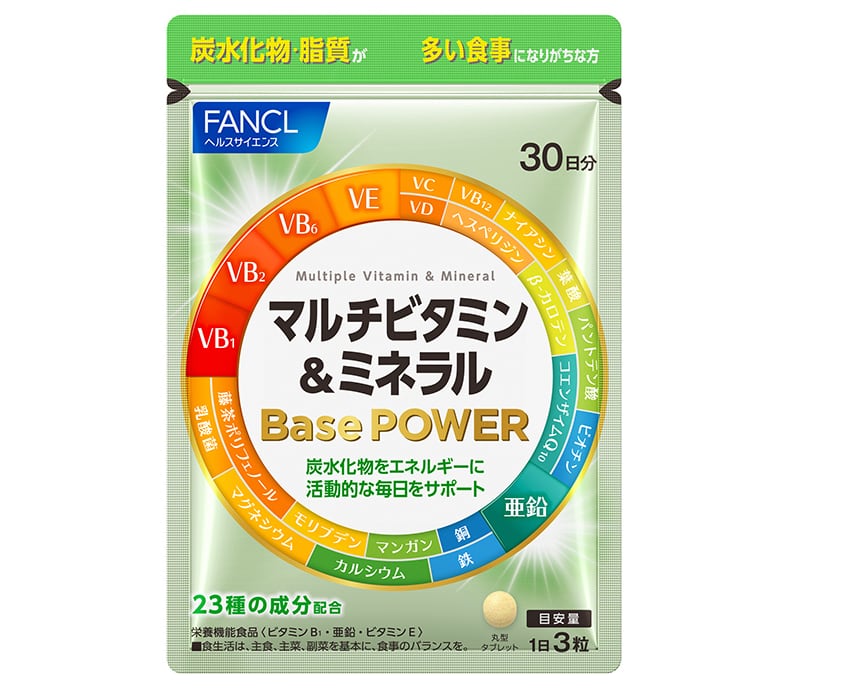CEO Yoshinori Isozaki pointed out the above during Kirin Holding’s half year financial results released on August 6.
The company reported a year-on-year increase of 12.9 per cent to JPY$1.10tr (US$7.45bn) for the first half of 2024.
Profit attributable to owners of the company also went up by 78.9 per cent to JPY$57.2bn (US$388.8m).
FANCL was earmarked as an “important partner” in growing Kirin’s health science business, Isozaki said during the results presentation.
Kirin’s intention to acquire the skincare firm was first announced on June 14.
The takeover bid (TOB), initially announced at JPY$2,690 (US$18.27) per share, amounting to a total of 220 billion yen (US$1.39bn), has since been increased from to JPY$2,800 (US$19) per share in a bid to persuade FANCL shareholders to sell off their shares.
The end date of the TOB has also been extended from July 29 to a month later on August 28.
“Regarding the TOB for FANCL shares that we are working on, yesterday (Aug 5) we announced a change in the conditions for raising the TOB price to 2,800 yen.
“The purpose of this change is to provide an opportunity so that FANCL shareholders would sell their shares at a higher price than the initial TOB price, taking into consideration the status of applications since the announcement of the TOB in June and the prospects for future applications,” said Isozaki.
If the deal goes through, Isozaki said Kirin would build up both the beauty-from-within and topical skin care portfolios for FANCL.
“We will fully utilise the skin care business, the origin of the FANCL brand, to build a competitive advantage in the market through an internal and external approach with supplements and skin care.”
Otherwise, Kirin might consider the option of acquiring an overseas asset, or pump in more investments into Blackmores, which was acquired last year.
“As we have always said, Kirin is the best owner for FANCL, and we have not changed our view that making FANCL a wholly owned subsidiary through this TOB will enhance the corporate value of the two companies.
“Unfortunately, if this TOB is not completed at this price, we will consider various options for our future Health Sciences strategy, including the acquisition of another overseas asset or increasing our investment in Blackmores,” said Isozaki.
Kirin has been actively ramping up its health science business as it seeks to diversify from its core alcoholic business.
“Currently, we are in the process of expanding our Health Science business as a medium-to long-term growth driver, but until that grows, it is important to strengthen our core alcoholic beverages and pharmaceuticals businesses,” he said.
Health science business performance
Kirin’s health science business recorded a revenue of JPY$69.6bn (US$472.7m) in the first six months of 2024, up 92.2 per cent.
Nearly half of the revenue came from Blackmores at JPY$33.4bn (US$226.9m), followed by functional ingredient supplying subsidiary firm Kyowa Hakko Bio at JPY$25.4bn (US$172.4m). The remaining came from its other health science businesses.
In Australia and New Zealand, Blackmores’ growth was led by the practitioner-only brand BioCeuticals and upward price adjustments of its products.
In China, Blackmores’ revenue was up 20 per cent, also through price increase and brand investment.
However, in South East Asia and South Korea, revenue was down, which the company said was mainly due to a delay in its infant formula shipments in Vietnam.
“Blackmores is slightly affected by the CMO transition in Vietnam, but otherwise the business is performing well.
“Overall, we aim to deliver full-year revenue and normalised operating profit broadly for the year mostly in line with the initial plan,” said CFO Shinjiro Akieda.
As for Kirin’s flagship LC-Plasma (Lactococcus lactis strain Plasma) supplement business, Akieda said that sales “continued to be strong” with double digit growth in revenue.
However, sales of functional beverages containing the immune health ingredient have yet to reach targets.
The company aims to hit the target by bumping up promotions in fall and winter, where the demand for immune care products is usually higher.


